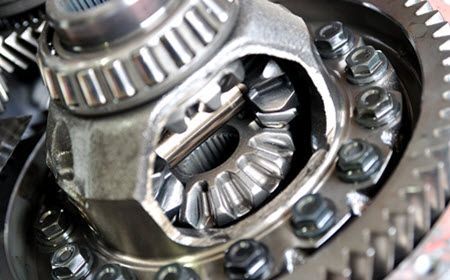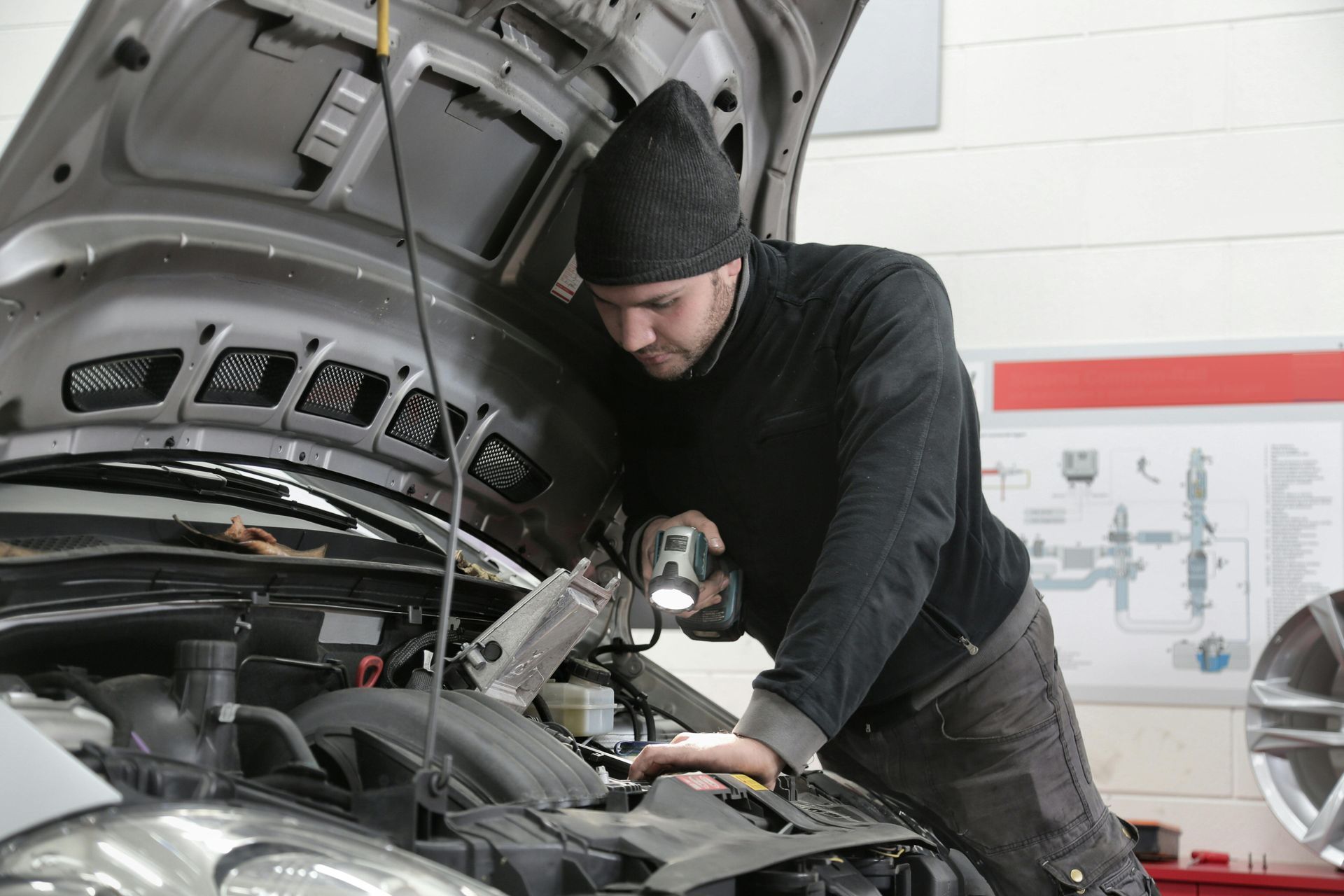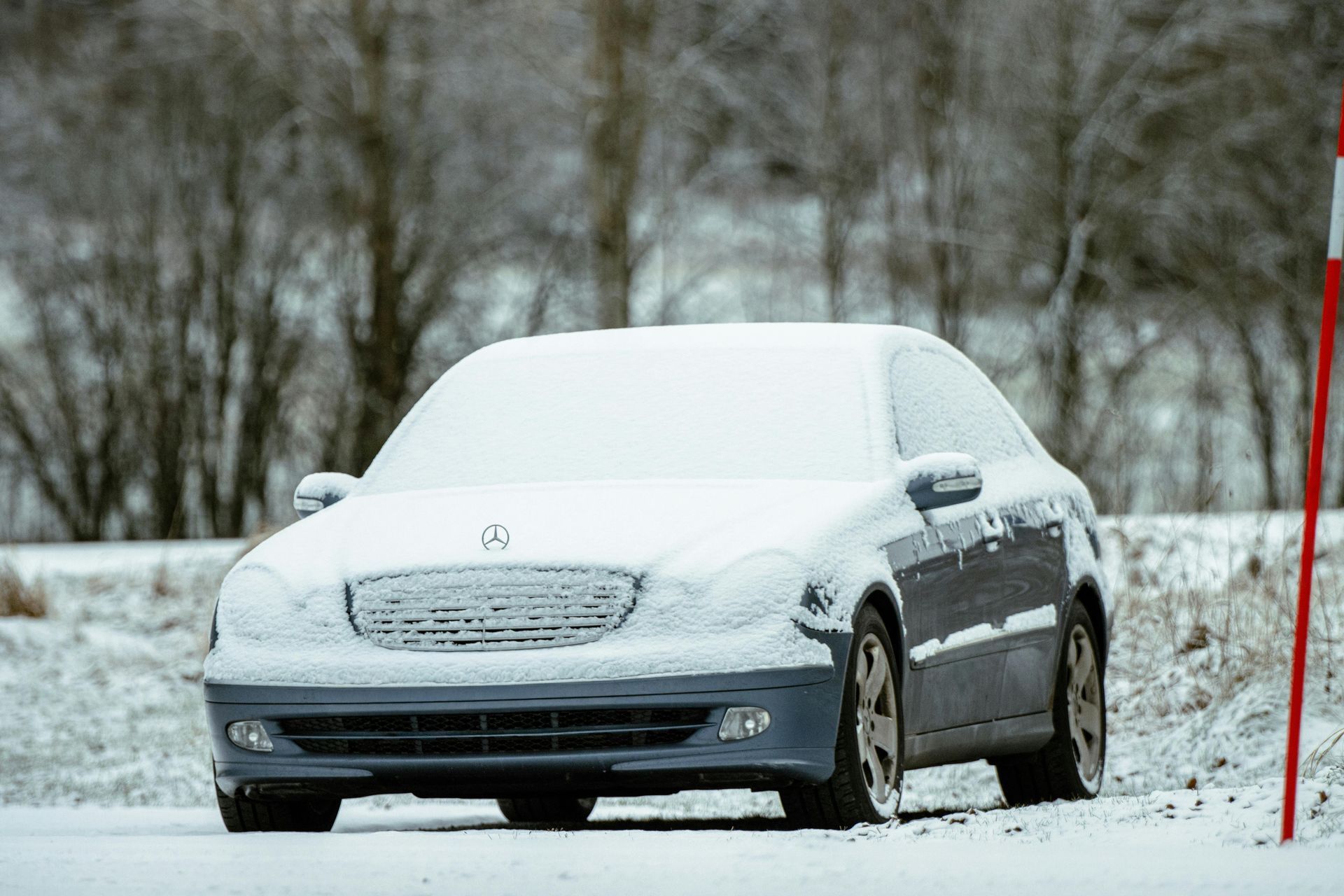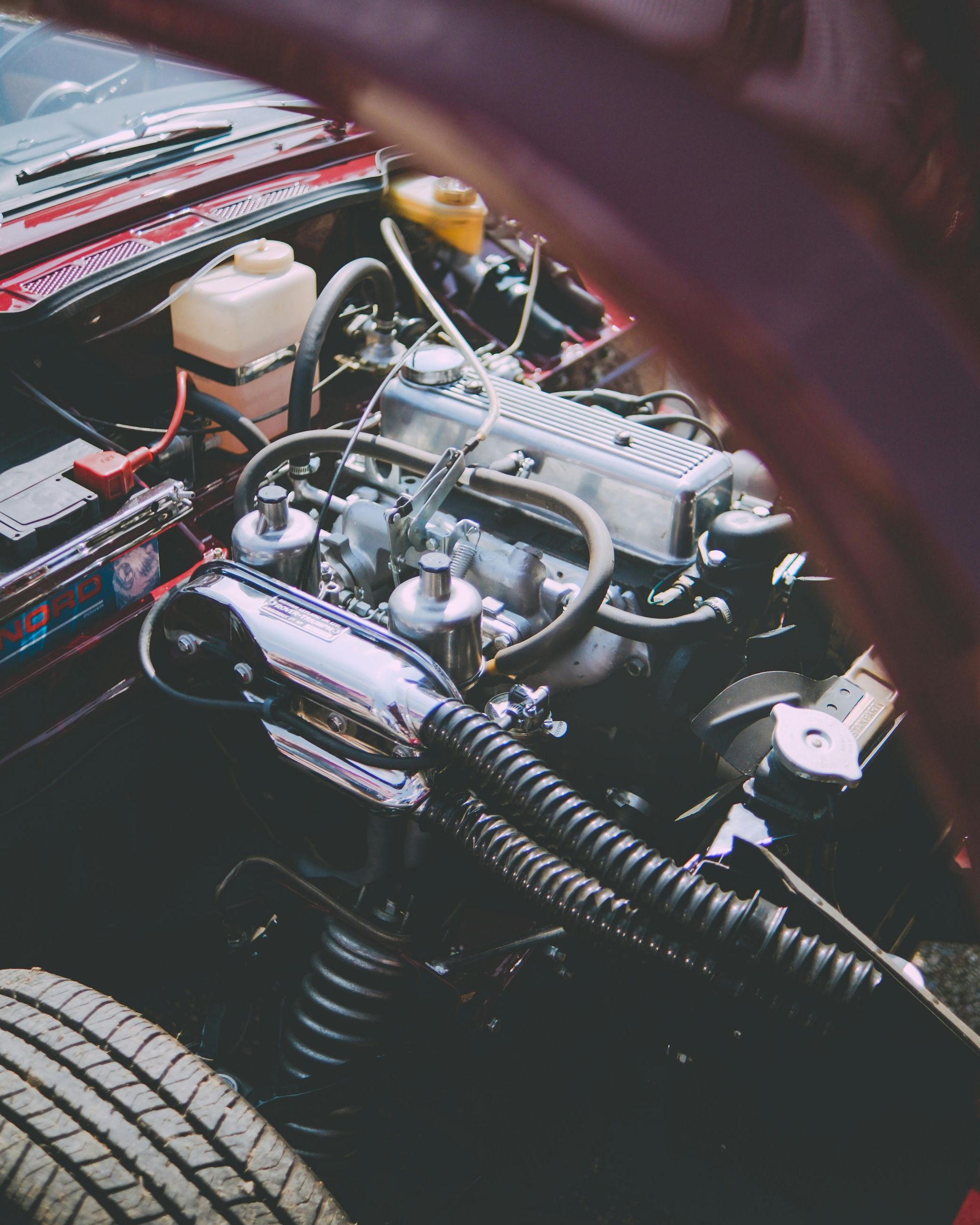Jaguar
, a name synonymous with luxury, performance, and British engineering, is not immune to mechanical problems, just like any other automobile brand. One area where some Jaguar
owners have reported issues is with the differential. The differential
is a vital component in the drivetrain
of rear-wheel and all-wheel drive vehicles. It allows the wheels to turn at different speeds, ensuring smoother cornering.
Common Differential Problems Experienced By Jaguar Owners
1. Noise During Operation
One of the earliest signs of differential problems in a Jaguar is noise. This can manifest as a humming
, whirring
, or grinding
sound, especially when the vehicle is in motion. The cause could be wear and tear on the bearings
, damaged gears
, or low differential fluid. The sound typically becomes louder as the vehicle accelerates.
2. Leaking Differential Fluid
Differential fluid lubricates the gears and other components inside the differential, preventing them from wearing out prematurely. If you notice a reddish-brown fluid under your Jaguar, especially near the rear axle, it could be a sign of a differential fluid leak. This could be due to damaged seals
, gaskets
, or even a crack in the differential casing.
3. Vibration While Driving
Vibrations felt through the vehicle while driving can be indicative of differential issues. Worn-out bearings or damaged gears can cause these vibrations. If left unchecked, the problem can escalate, leading to more severe damage and potentially unsafe driving conditions.
4. Difficulty in Handling
A malfunctioning differential can affect the handling of the Jaguar, especially when cornering. If the differential doesn't allow for the variation in wheel speeds, the car may feel like it's " dragging
" or " binding
" during turns. This not only compromises the driving experience but also puts undue stress on the tires and other drivetrain components.
5. Overheating Differential
A differential can overheat due to a variety of reasons, including low fluid levels, use of incorrect fluid type, or excessive load on the vehicle (like towing beyond the recommended weight). Overheating can accelerate wear and tear, leading to premature failure of components.
6. Excessive Play in the Driveshaft
When there's excessive play or movement in the driveshaft, it's a sign that the universal joints
or the differential itself might be worn out. This can lead to clunking noises
, especially when accelerating or decelerating.
7. Deteriorated Differential Bushings
Bushings act as cushions for the differential, reducing vibrations and noise. Over time and with normal wear, these bushings can deteriorate, leading to increased noise and vibrations. Replacing worn-out bushings is essential to maintain the ride comfort and performance of the Jaguar.
8. Unusual Tire Wear
If the differential isn't functioning correctly, it can lead to
uneven wear on the tires . For instance, if the differential locks up more than it should, one tire might wear out faster than the other. Regularly inspecting your tires can give you clues about potential differential issues.
9. Poor Fuel Efficiency
A malfunctioning differential can increase the drag on the drivetrain, leading to reduced fuel efficiency. If you notice a sudden drop in your Jaguar's miles per gallon, it's worth having the differential checked alongside other potential causes.
Maintain Your Jaguar’s Performance, Safety, And Value
A well-functioning differential is crucial for the optimal performance and handling of a Jaguar. While Jaguars are known for their build quality and engineering prowess, like all vehicles, they can experience wear and tear over time. Recognizing the early signs of differential problems can save owners from costly repairs and maintain the vehicle's performance, safety, and value.
If you suspect any of these issues with your Jaguar, it's essential to consult one of our qualified mechanics. Regular maintenance
, including periodic checks of the differential fluid and components, can also go a long way in preventing these common issues.
Book An Appointment At Import Specialty Service Today












